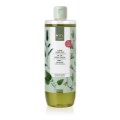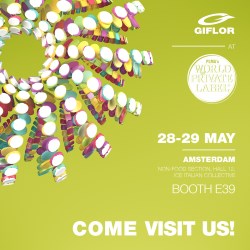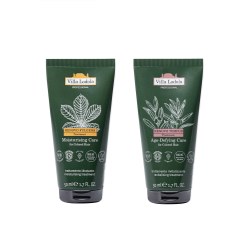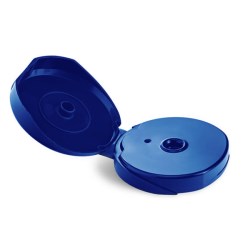Public
Giflor Catalogs
Giflor Certificates
Giflor Closures Gallery
Giflor Documents
Giflor Locations
Giflor News
Giflor Videos
If this is your company, CONTACT US to activate Packbase™ software to build your portal.
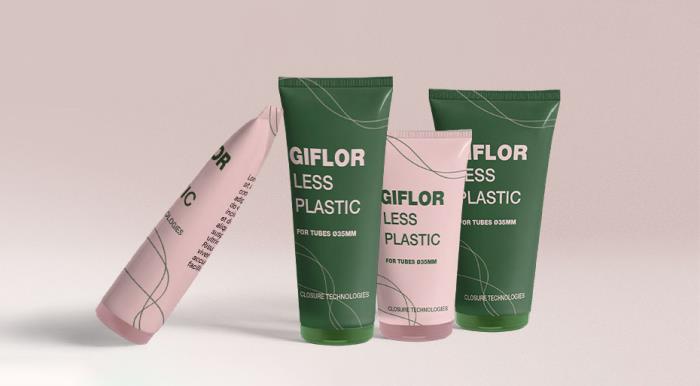

For many years Giflor has been a name that is associated with sustainable packaging. The company's Eco Low Profile (ELP) closure offering has taken the global market by storm as brands look to reduce the use of plastic in their packaging choices.
The Italian closure manufacturer's latest innovation is a new addition to its family of ELP caps, offering brands a brand new choice for capping their products packed in flexible tubes.
What is Giflor's latest closure innovation for tubes?
We have just introduced a brand new closure into our product portfolio that has been specially designed to fit flexible tubes. We already have the #772 ELP closure for tubes with a 50mm diameter, so we wanted to introduce a product that could be used with smaller tubes. The result is our #770 ELP for 35mm tubes.
Smaller-sized tubes are becoming increasingly popular in a number of markets, but their use in personal care and cosmetics has seen tremendous growth as tubes are a popular packaging choice for testers, beauty boxes, special editions and personal on-the-go products that the consumer likes to keep handy.
Like its ELP counterparts, the new #770 closure for tubes is a lightweight closure that is manufactured with less plastic material. The result is a sustainable choice for brands that gives consumers a clear visual communication of the brand's sustainability values thanks to the closure's refined size.
What is the Eco Low Profile family of products?
Eco Low Profile is a line of 100% recyclable closures manufactured by Giflor that were designed to significantly reduce the amount of plastic used in addition to energy consumption requirements during production. As such, ELP closures generate considerable overall savings and lower logistics costs.
In addition to producing the closures with an undoubtedly ecologically lower profile than other plastic caps, Giflor offers its ELP closures in over 350 standard color options with lead times that match brands' desires.
How do the ELP closures for tubes differ from other ELP caps?
The ELP closures for tubes were developed by Giflor as an all-in-one solution for flexible plastic tubes. These patented ELP caps have snap-on coupling and a flip-top opening for easy dispensing. They are ideal for viscous formulations for healthcare, cosmetics, personal care and food that can be dispensed from a tube, in addition to their proven compatibility with e-commerce markets.
How can a smaller sized cap have such impact upon a brand's corporate look?
Our ELP caps for tubes benefit brands by enhancing the impression of the branding on the tube, which is in turn complemented by the color of the cap. The consumer's eye is therefore drawn to the entire piece of packaging as a single unit and the branding is perceived to be more poignant.
The combination of a smaller-, yet equally functional, sized closure with the tube also provides consumers with a clear visual indicator that a brand has actively decided to choose a packaging solution that clearly requires less material, and in turn less plastic waste. The well-thought design of the closure provides the highest levels of design.
Does Giflor offer the new #770 closure in a recycle-ready choice?
Yes. The new #770 closure can be used in combination with a PP laminated flexible tube for a slender-looking, recycle-ready packaging since both the shoulder and cap are manufactured with the same material. This means that the pack can be recycled as a single piece once the product is used up.
The #770's partner product, the #772 ELP for tubes, received a gold award from the Tube Council as 'Best innovative components or process', so it is clear that the tube industry is embracing the option of a complete packaging that is lightweight, well-made, highly functional and with all the sustainable benefits that Giflor's ELP closures can offer.
Now with our brand new #770 ELP closure for tubes, we can offer the market another sustainable closure option that is manufactured using the latest technology that requires less energy consumption, requires less plastic for its production, and benefits both reduced CO2 emissions and lower shipping costs during transportation thanks to the product's significantly lighter weight.
























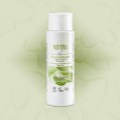
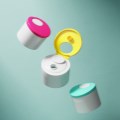
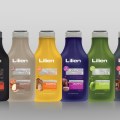

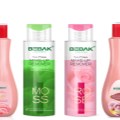
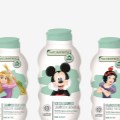
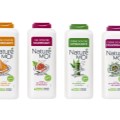
.jpg)
